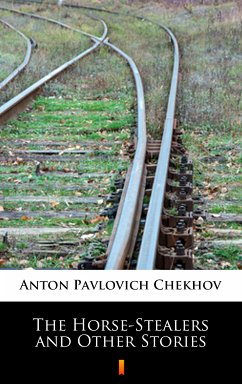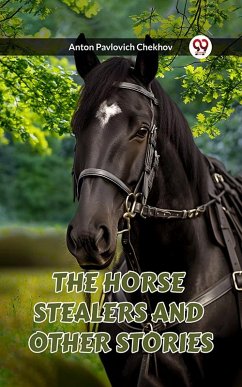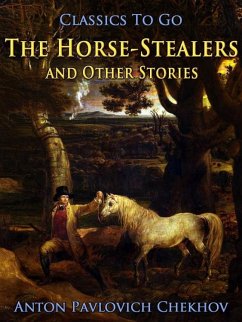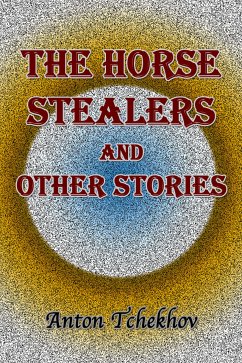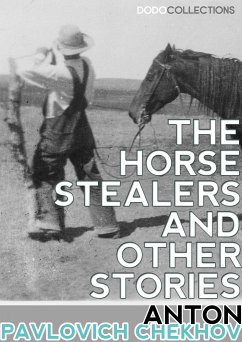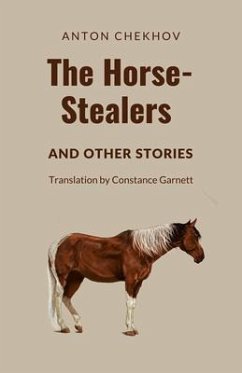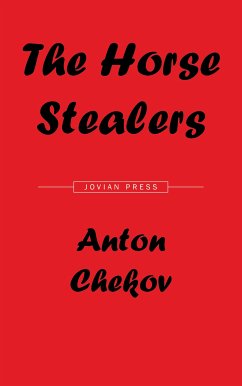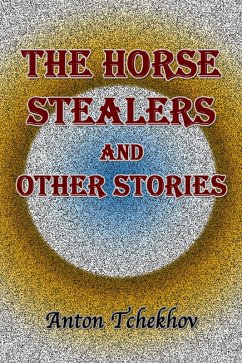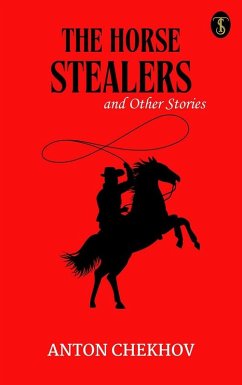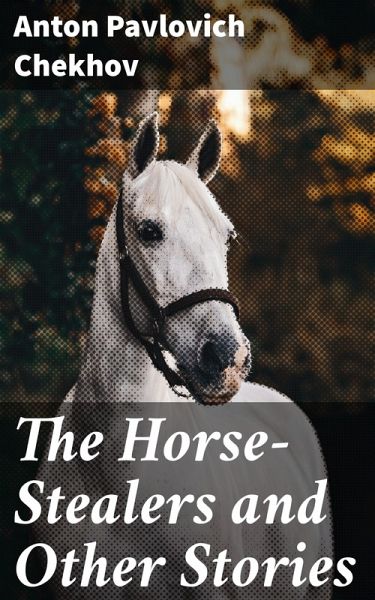
The Horse-Stealers and Other Stories (eBook, ePUB)
Exploring the Depths of Human Nature through Short Stories
Übersetzer: Garnett, Constance

PAYBACK Punkte
0 °P sammeln!
In "The Horse-Stealers and Other Stories," Anton Pavlovich Chekhov masterfully weaves a tapestry of everyday life in late 19th-century Russia, showcasing his distinctive approach to short fiction. Through a blend of realism and subtle humor, Chekhov explores the complexities of human nature and societal norms, presenting a diverse array of characters that range from the disillusioned to the profoundly introspective. The stories, rich in dialogue and keen observation, challenge conventional narrative structures, emphasizing the significance of emotional nuance and moral ambiguity in human inter...
In "The Horse-Stealers and Other Stories," Anton Pavlovich Chekhov masterfully weaves a tapestry of everyday life in late 19th-century Russia, showcasing his distinctive approach to short fiction. Through a blend of realism and subtle humor, Chekhov explores the complexities of human nature and societal norms, presenting a diverse array of characters that range from the disillusioned to the profoundly introspective. The stories, rich in dialogue and keen observation, challenge conventional narrative structures, emphasizing the significance of emotional nuance and moral ambiguity in human interactions. Anton Pavlovich Chekhov, renowned as one of Russia's greatest playwrights and short story writers, channels his own experiences as a physician into his literary work. Chekhov's acute awareness of the socio-political climate of his time influenced his portrayal of the struggles of ordinary people. His background afforded him a unique insight into the human condition, allowing him to address themes of existentialism and the search for purpose in life with both compassion and critique. "The Horse-Stealers and Other Stories" is a must-read for anyone seeking to delve into the intricacies of human relationships and the social fabric of Chekhov's era. This collection not only highlights Chekhov's narrative prowess but also invites readers to reflect on their own lives while engaging with timeless questions of morality and identity.
Dieser Download kann aus rechtlichen Gründen nur mit Rechnungsadresse in A, B, BG, CY, CZ, D, DK, EW, FIN, F, GR, H, IRL, I, LT, L, LR, M, NL, PL, P, R, S, SLO, SK ausgeliefert werden.




